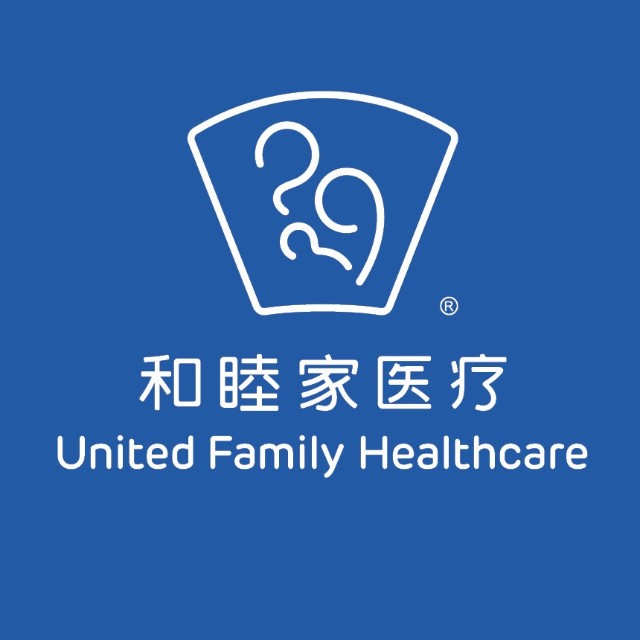![]()

![]()
What is HPV?
The term human papillomavirus, or HPV, refers to a group of sexually transmitted viruses. Of the roughly 100 types that exist, at least 13 can cause cervical cancer in women, with types 16 and 18 causing 70% of cervical cancer and pre-cancerous lesion cases. Types 6 and 11 can cause about 90% of genital warts.
What are HPV vaccines?
HPV vaccines prevent HPV infection by stimulating the immune system to produce antibodies that will protect against the virus. This antibody then exists in human body fluids. If HPV appears in the body, the antibodies will immediately play a role in its removal, preventing an HPV infection.
Are HPV vaccines safe?
Yes, they are safe. HPV vaccines were launched in 2006 and their safety has been tested and approved by the WHO. At present, the food and drug administrations in most countries in the world (including China) have approved HPV vaccines. They have been listed in more than 160 countries and regions around the world. Over 200 million HPV vaccines have been administered in the world. Many developed countries already include HPV vaccines into their national immunization programs.
How many kinds of HPV vaccine are available?
Three types of HPV vaccine (Gardasil, Gardasil-9, and Cervarix) are globally available to prevent HPV infections from certain strains known to cause cervical cancer. Of these three vaccines, two have been approved for use in China (Gardasil and Cervarix) but, currently, only Cervarix is available at BJU.
– Cervarix is produced by GlaxoSmithKline, and it helps to prevent infection from HPV types 16 and 18 (those that are most likely to cause cervical cancer). It is available now at BJU.
– Gardasil is produced by Merck, and it helps to prevent infection from four HPV types: 6, 11, 16, and 18. These are responsible for the majority of cervical cancer and genital warts cases. Gardasil should be available at BJU at the start of 2018.
– Gardasil-9 is also produced by Merck, and it helps to prevent infection from nine HPV types (6, 11, 16, 18, 31, 33, 45, 52, and 58), but it is not yet approved for use in China.
Who should get an HPV vaccination?
The WHO recommends that all girls between the ages of 9 and 13 years get an HPV vaccination. At this age, compared to older teens and young women, girls will have a higher immune response the vaccine, resulting in higher levels of antibodies and greater protection against the disease. Currently, in China, the approved listings are:
– Cervarix (bivalent HPV vaccine) is recommended for women aged 9-25.
– Gardasil (quadrivalent HPV vaccine) is recommended for women aged 20-45.
Can I still get an HPV vaccination if I have been sexually active or am older than 25?
Yes. HPV vaccines can effectively prevent future possible HPV infection. In clinical studies, results showed that the vaccine was still very effective for sexually active women. Therefore, HPV vaccines are still beneficial for sexually active individuals, even if they are over the age of 25.
Who should NOT get an HPV vaccine?
• Anyone who has had a severe (life-threatening) allergic reaction to a dose of an HPV vaccine in the past should not get another dose.
• Anyone who has a severe (life-threatening) allergy to any component of the HPV vaccine should not get the vaccine. Tell your doctor if you have any severe allergies that you know of, including a severe allergy to yeast.
• The HPV vaccine is not recommended for pregnant women. If you learn that you were pregnant when you were vaccinated, there is no reason to expect any problems for you or your baby. If you learn that you were pregnant after the first dose, you may continue the series after giving birth. Women who are breastfeeding may be vaccinated.
• If you have a mild illness, such as a cold, you can probably get the vaccine. If you are moderately or severely ill, you should probably wait until you recover. Your doctor can advise you.
• The bivalent Cervarix HPV vaccine should not be administered to men since it only provides protection against cervical cancer.
Would HPV vaccinations still be effective for me if I have already been infected with HPV?
Yes, they will still be effective. HPV vaccinations can still prevent future re-infection from other HPV subtypes covered by the HPV vaccines, thereby reducing the chance of developing cervical cancer due to persistent infection.
Can HPV vaccinations cause cancer?
No. The HPV vaccine is made of a viral protein that does not cause an HPV infection or cancer. In fact, getting an HPV vaccination will hinder HPV infection, thereby preventing the occurrence of cervical cancer.
Can HPV vaccines cure cervical cancer?
No. HPV vaccines are prophylactic vaccines that provide only a prophylactic effect without a therapeutic effect.
How long am I protected?
HPV vaccines provide long-term, sustained protection against HPV infections and HPV-related diseases. Clinical trials from abroad show that they provide protection for at least 8-10 years.
What are the common side-effects after an HPV vaccination?
HPV vaccines have similar side-effects to other vaccines. The common side-effects include redness, swelling, or soreness in the arm where the shot was given; a mild headache or fatigue; nausea or vertigo; and muscle or joint pain. However, overall, most vaccinated individuals do not have any symptoms or adverse reactions.
![]()

This article was written by United Family Hospital’s Pharmacy Manager, Kathleen Tao. She is a registered pharmacist in China, the UK, and Australia. If you want to make an appointment to get the Cervarix HPV vaccine, please call the BJU Service Center at 4008-919191.
![]()
References:
1. 中国癌症基金会《认识HPV疫苗》
2. Human Papillomavirus (HPV) and cervical cancer (www.who.int/mediacentre/factsheets/fs380/en/)
3. Genital HPV Infection Fact Sheet (www.cdc.gov/STD/HPV/STDFact-HPV.htm)
![]()

- Already vaccinated against HPV? Consider getting vaccinated against the flu, as well.
- Getting ready to start a family? Read tips from BJU Obstetrician and Gynecologist, Dr. Marriott, for preparing for pregnancy.
- Looking to instill a love of sports or music in your child? Read BJU Child Psychiatrist Dr. Salinas’ guide to finding and nurturing a hobby for your child.


